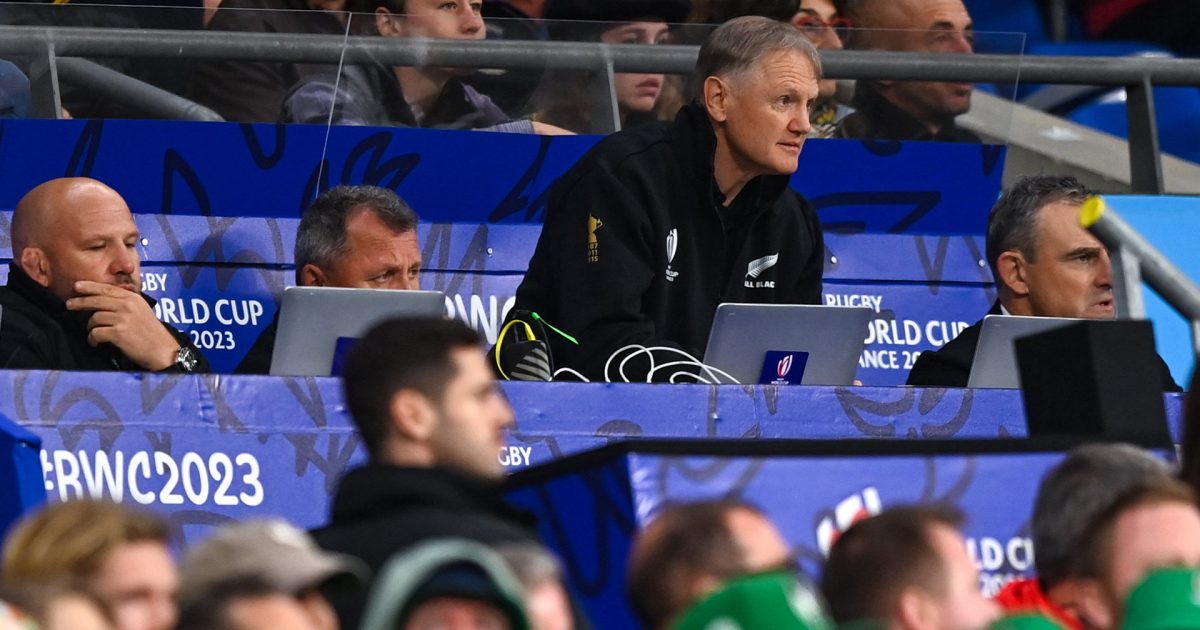'A lot of work to do': Schmidt's advice from former Wallaby coaches

Joe Schmidt won’t be a Wallabies dream weaver, the new coach describing himself as a “boring pragmatist” as Rugby Australia paraded Eddie Jones’s replacement to cap a wild year for the flailing side.
Twelve months and three days after Kiwi Dave Rennie was sensationally axed in favour of Jones, another New Zealander was being introduced as the man to rescue a side that’s slumped to No.9 in the world.
Jones departed less than a year into his five-year tenure, having won two of nine Tests in 2023 and overseen a World Cup flop in which the side failed to exit the pool stage for the first time.
Despite heavy criticism of his selections, tactics and communication, Jones is already back at the helm of Japan after continually denying he had been in talks to take that job in the lead-up to last year’s World Cup.
Schmidt, who hails from Kawakawa in New Zealand’s Bay of Islands region, coached Ireland for almost seven years – winning three Six Nations titles including the 2018 Grand Slam and taking them to world No.1 for the first time.
They also beat the All Blacks and won in South Africa for the first time under his tenure.
Appointed World Rugby’s high-performance boss in October 2020, he left that role to assist Ian Foster at the All Blacks and helped take the side all the way to last year’s World Cup final where they were pipped by South Africa.
He said he had chatted to Rennie and other former coaching staff, but not Jones, about what to expect with the Wallabies.
“The message is there’s a lot of work to do,” he said on Friday.
“I’m not great at selling dreams. Dreams are not tangible. I’m a pragmatic sort of individual, probably characterised as boring.
“I don’t have the charisma that Eddie has.”
Schmidt said his son Luke, who has severe epilepsy, was front of mind when he agreed to an 18-month deal taking in next year’s British and Irish Lions tour of Australia.
Whether he continues ahead of the next World Cup will be a later conversation, with Schmidt hesitant to over-commit and hopeful an Australian coach will surface in the meantime.
He even joked he thought he’d retired once, back in New Zealand, but said witnessing the Wallabies’ plight in France last year had stirred something inside him.
“That … was not an Australian team that I recognised, certainly not in my time,” he said.
“I’m desperate for the Wallabies to be competitive. That’s why I’m here.
“One of the best ways to grow the interest is to win games.
“People love to get along when they believe their team are going to be really competitive.”
A panel of former Wallabies and Rugby Australia (RA) executives including new chairman Dan Herbert, chief executive Phil Waugh, president Joe Roff, John Eales, returning RA advisor David Nucifora, and new high-performance chief Peter Horne unanimously agreed on the appointment.
Schmidt will report to Horne in a new structure designed to align RA’s high-performance programs, while the nation’s Super Rugby clubs have pledged to co-operate with the governing body’s desire for centralisation.
“Joe has delivered success at every stop in his career,” Waugh said.
“Given our stated plan to build a unified Australian rugby system, Joe’s experience with Ireland and New Zealand – two of the most aligned rugby nations in the world – will no doubt prove valuable as we move forward.”


































Very encouraging. We might be at the starting point to build a National Rugby team that is moving in the right direction.
Silly boy. Should have retired.